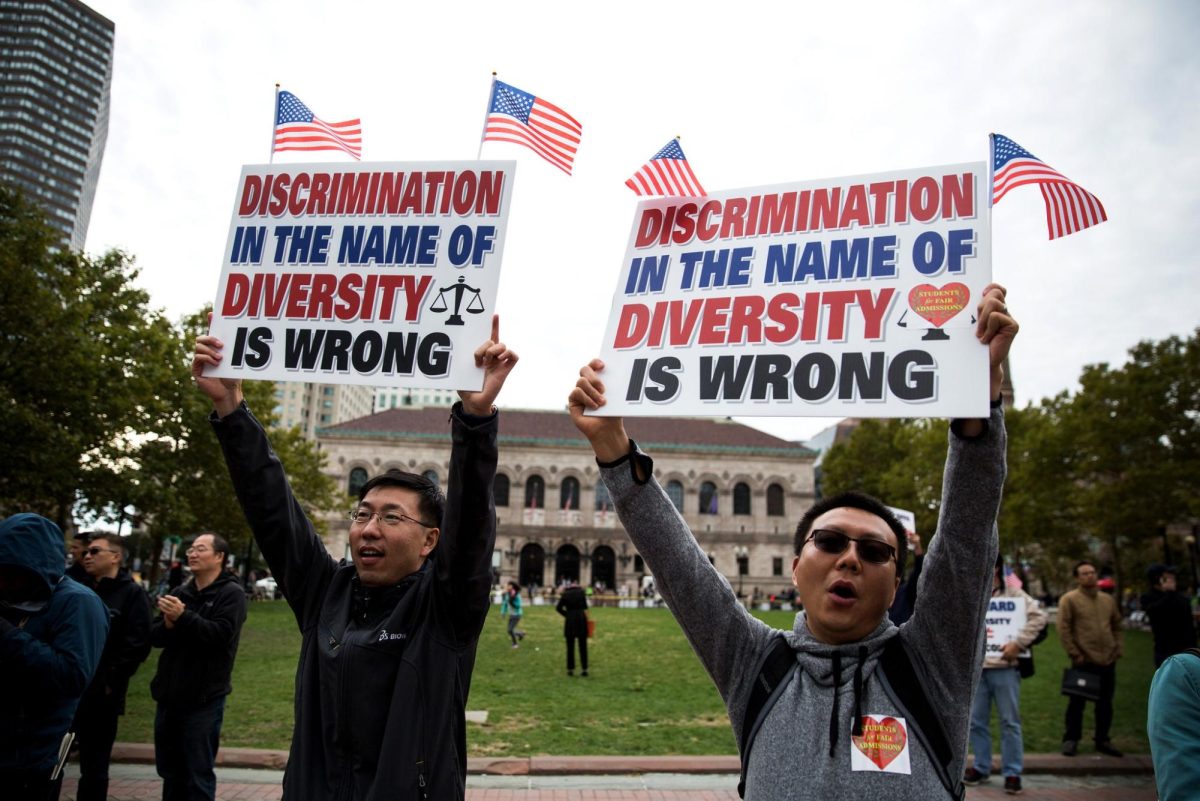After forty years, the Supreme Court has finally overturned the use of Affirmative Action in college admissions. Though it was fairly contentious and only overturned on a 6-3 vote, this decision ensures a future where the most academically motivated get their due – even if not everyone seems to affirm the verdict.
Put in the most basic terms, the Affirmative Action system forced colleges to split their incoming classes to include specific percentages of minority groups with the goal of bypassing systemic barriers. Now, colleges can take anyone and any ethnicity in any quantity – it all comes down to the application and nothing else. On paper, the division of ideals is clear; those in favor of Affirmative Action want to see the potential each student has to stand out despite the hand they were dealt in life, while naysayers only want the best applicants, even if the opportunities of those applicants exceed those of their peers.
Even though that is how it looks on paper, the ideals of Affirmative Action are not how they look in practice. The Hoover Institution reported that rather than admitting low-income students, Affirmative Action prioritized minority students from upper-class backgrounds and hurt low-income white students who should have been prioritized. By grouping affluent minority students with their systematically targeted counterparts, Affirmative Action disproportionately favors minority students with opportunity, while inhibiting the students whom one would expect to have opportunity in the first place. Take SAT scores, for instance; to counterbalance systemic racism, Stanford’s accepted SAT scores have been lower for African-American applicants than white applicants by as many as 171 points according to Stanford Magazine. If Affirmative Action has intended to give a small advantage to minorities, it has failed by making the advantage larger than it should be.
Beyond the failure in practice, Affirmative Action simply fails in concept. The system has claimed to find applicants with potential, push diverse opinions in colleges in a positive way, and make up for years of horrid racism. But Affirmative Action cannot actually claim to solve these problems, despite what one might assume. One cannot find the individuals with the most potential when the system does not necessarily choose nor single out the systemically barred. One cannot assume that colleges will get a diversity of opinion when their system only chooses relatively affluent people who have nearly identical paths to success. One cannot assume that the system will push positive diversity when overt segregation of admittances affects how students see students of another race and if they are even seen as academic equals. One cannot assume that the system is a means of reparation for years of blatant racism when, quite frankly, nothing can erase history. None of the objectives that Affirmative Action had promised were delivered, allowing this system to mask itself as diverse and only produce negative college experiences full of bias and resentment.
At the end of the day, Affirmative Action fails in its sole purpose of helping the systemically barred; when one cannot even prove that the system prioritizes minorities and recognizes their struggles, one insults the effort to make positive reparations in the places that need them the most.
Without Affirmative action, we’ll be pushing nothing but our best and brightest to our most prestigious institutions. With the opportunity they get, the leaders of upcoming generations may make positive changes in this country to tear down systematic barriers and give everyone an equal chance in education. Perhaps that’s the kind of positive initiative, the Affirmative Action, that we need now.














